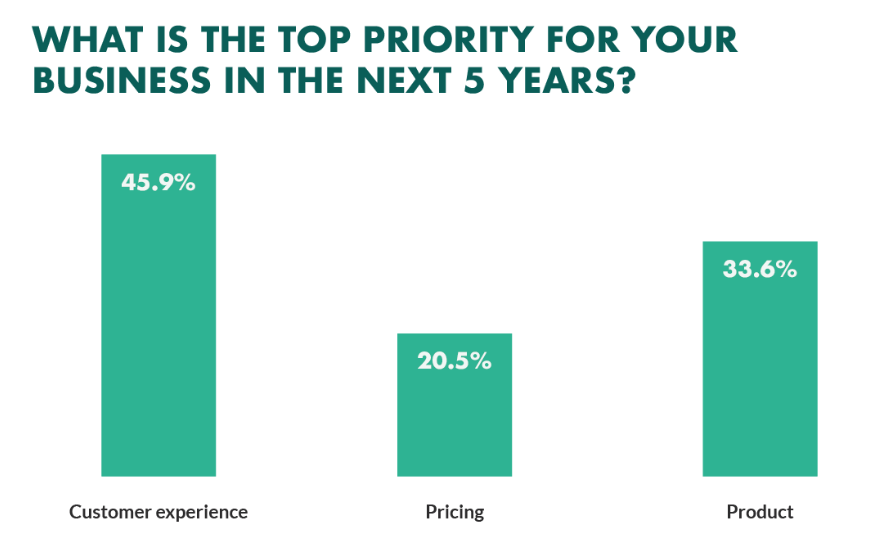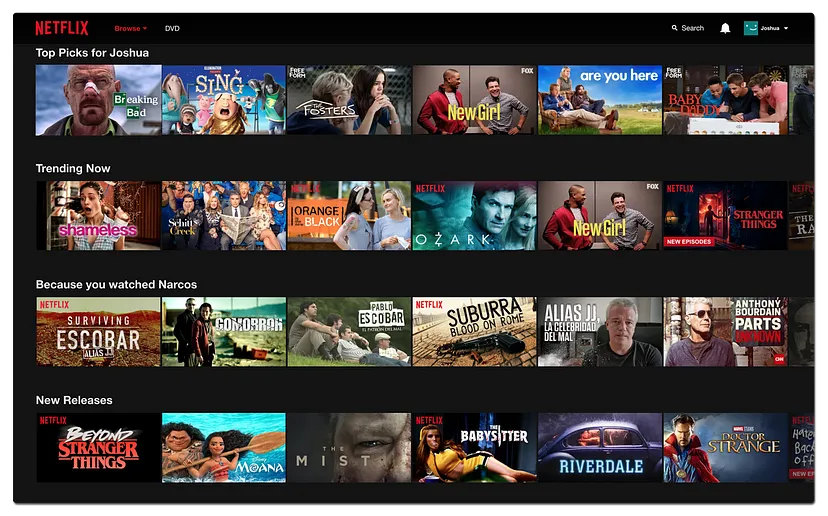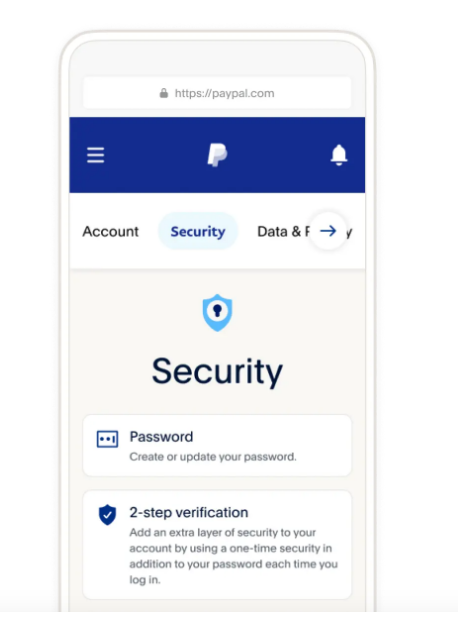
October 24, 2024
As a digital marketer, you strive to create strategies that enhance user experience, increase conversions, and drive app installs.
Quick Links
However, it’s easier said than done.
Attracting, engaging, and retaining the audience takes resources, time, and effort.
That’s where artificial intelligence or AI can prove a game-changer and minimize your mobile marketing hassles. For instance, it can help you gauge your audience’s behavior and ever-evolving expectations and deliver the best-suited solutions.
There’s much more you can do with AI.
In this post, we’ll explore how AI tools are shaping the future of mobile apps and how you can leverage AI to drive more value for your business.
Why AI Matters for Digital Marketers in the Mobile App Industry
Let’s start with the basics first.
McKinsey defines AI as a machine’s capability to perform cognitive functions one usually associates with human minds. They further call the combination of humans and AI machines – a match made in productivity heaven. And rightly so!
The concept of AI is not futuristic. In fact, the term “artificial intelligence” was first coined by John McCarthy in 1956.
However, it has become mainstream because of its value offerings, such as –
- Efficiency: AI-powered automation can help marketers manage repetitive tasks. For instance, AI integration in the mobile app can help you respond to customer queries or recommend products.
- Data-Driven Decisions: AI’s capability to analyze user behavior can help marketers predict trends, optimize campaigns, and make informed decisions.
- User Experience: AI’s advanced algorithms can help you offer a personalized user experience and transform your mobile app’s operation.
From delivering speed and accuracy of work to personalized user journeys – AI does it all. According to Forbes, the global AI market will reach $1,811.8 billion by 2030.
How AI Tools Are Driving the Future of Mobile Apps
Now, let’s dive into how specific AI tools are driving the future of mobile apps.
1. Personalization with Machine Learning to Boost User Retention
Machine learning (ML) is one of the most helpful AI technologies in the mobile app industry. It enables computers to learn from data to make predictions or decisions. ML keeps upgrading from ever-evolving user data and provides a relevant output at any given point.
Leveraging ML algorithms can help provide personalized recommendations. eCommerce giants like Amazon use ML algorithms to recommend products based on user’s browsing history.
Here’s a screenshot of Amazon’s shopping app. Observe how their team has integrated AI seamlessly into the mobile app.

Source
This tactic can keep user attention and engagement intact and boost the chances of conversions and retention in the long term.
The future of personalization is hyper-personalized mobile apps driven by deep learning algorithms. This means that AI will anticipate customer needs even before they realize them.
Get started by integrating ML into your mobile app’s recommendation engine. Consider collaborating with AI consulting companies if you aim to develop hyper-personalized apps for your target audience. This can enhance your personalization efforts and benefit your business by reducing churn.
2. NLP for Chatbots and Voice Search for Exemplary Customer Support
Natural Language Processing (NLP) leverages advanced AI and allows mobile apps to understand and respond to human language. Chatbots and voice search that help enhance customer experience (CX) are excellent examples of NLP.
According to reports, 86% of buyers are willing to pay more for a great customer experience. It is a top priority for businesses in the next five years.
This means that leveraging NLP for CX can bring massive benefits.

Source
No wonder, the most popular mobile apps like WhatsApp and Facebook Messenger leverage AI-powered chatbots to handle customer inquiries. This reduces the need for a live customer support team.
What’s in the future? Expect generative pre-trained transformers (GPTs) to take NLP to the next level. GPTs, like OpenAI’s models, will make chatbots and voice interfaces intuitive and human-like.
As a marketer, encourage your development team to implement NLP to manage customer interactions and queries. This can minimize your time replying to customers, which you can use for other strategic tasks.
3. Predictive Analytics to Drive User Engagement
AI-powered predictive analytics allows marketers to forecast user behavior and build proactive engagement strategies.
It analyzes historical data and helps you predict which users are likely to churn or buy products. Understanding user buying patterns can help you create strategies to convert and retain.
Netflix is a leading example of a brand using predictive analytics.

Source
The app uses AI to learn user behavior and recommend shows based on past viewing habits. It anticipates user preferences and shows notifications to re-engage before they leave.
That’s not all! Soon, mobile apps will harness deep learning to anticipate user needs across multiple devices, including wearables, smart home devices, and connected cars. Leveraging this AI advancement will help digital marketers establish customer loyalty with zero hassles.
4. AI-Driven Fraud Detection to Safeguard Your Customers
Data security is a top concern today.
According to Cybersecurity Ventures, cybercrime cost $8 trillion in 2023, which is quite shocking.
The increasing number of cybercrimes has made it challenging for app companies to handle sensitive user data and financial transactions.
Leveraging AI technology-based tools can help reduce these incidents. AI can monitor user activity and detect unusual patterns. This can prevent cybersecurity fraud before it impacts users.
Fintech apps like PayPal already use AI-powered fraud detection algorithms to detect and flag suspicious transactions.
This approach makes their app safe and secure for users.

Source
AI’s next frontier in security is federated learning. This advanced technology allows mobile apps to learn from decentralized data sources without compromising user privacy.
In the future, federated learning will enable mobile apps to detect and prevent fraud much faster. It will help identify global patterns while keeping personal data safe and secure.
As a digital marketer, leveraging this AI advancement will help you provide more secure app experiences without compromising data security. This can lead to higher user retention and improved brand credibility.
Summing Up
AI is not just a passing trend—it’s here to stay.
As a marketer, now is the perfect time to encourage your business to invest in AI. It can make your work easier while boosting customer engagement and retention. When used smartly, it can skyrocket your business’s growth in no time.
So, go ahead and take the next step in leveraging AI for your mobile app.





